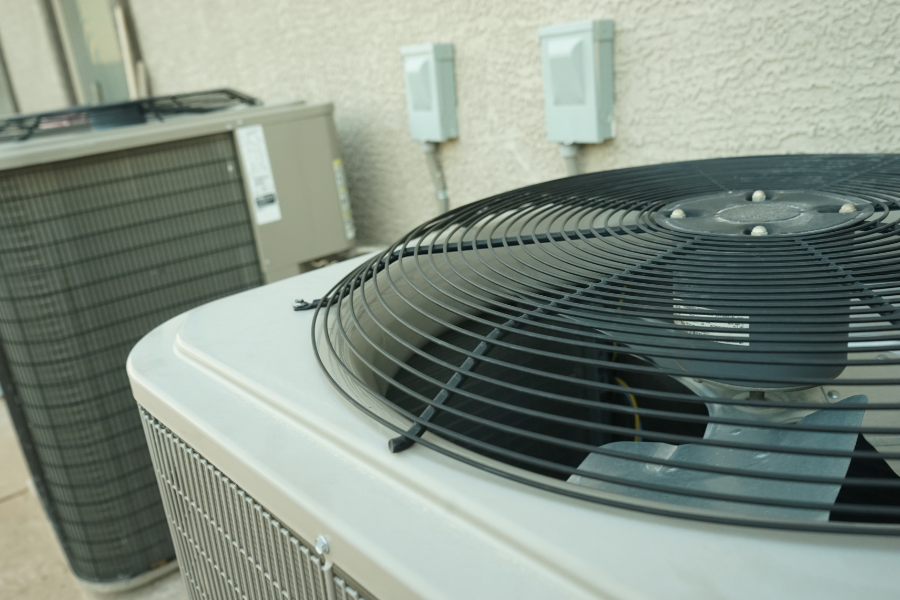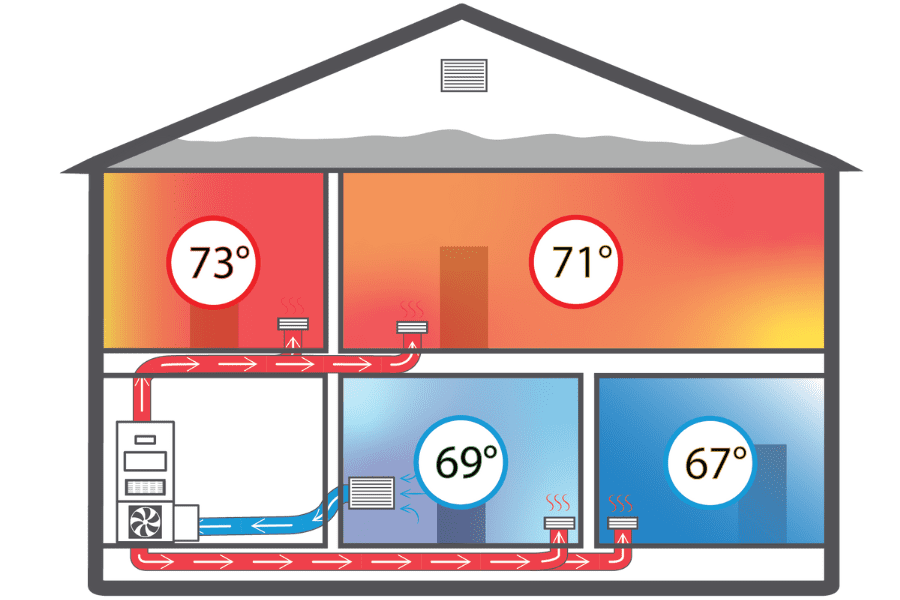Feb 19, 2024
Refugees Adapt to Fuel Scarcity: So Can the World
A solar thermal cooker absorbs sunlight and transforms it into thermal energy, generating the temperatures necessary to cook meals, pasteurize water and dehydrate food.
By: Sara Rosen
In Kakuma Refugee Camp, Grace* is preparing dinner for her family. The smell of spices hangs in the air; the tomato stew and rice are nearly done. What makes tonight’s meal special is not the menu but how it’s made. This is the first meal Grace is cooking without burning charcoal or wood, instead using nothing but the sun and her brand-new solar thermal cooker.

A solar cooker absorbs sunlight and transforms it into thermal energy, generating the temperatures necessary to cook meals, pasteurize water and dehydrate food. There are myriad models, most of which use shiny or reflective surfaces to direct light through pieces of glass or plastic, creating a greenhouse effect in a space where it is absorbed by a dark cooking pot.
The heating process is not unlike the feeling of returning to a hot car parked in the sun.
What makes solar thermal cookers so elegant is that, without the aid of batteries or photovoltaic cells, many can reach temperatures of between 150°C (302°F) and 200°C (392°F) or higher, depending on the model.
Grace’s cooker is a ULOG solar box oven whose acquisition was made possible thanks to a collaboration between Solar Cookers International (SCI) and Ecomandate Foundation. The cookers are fully subsidized, though participants contribute their own cookware and commit valuable time for training.
SCI is a nonprofit organization that supports solar-cooker adoption through advocacy, capacity-building, and research. Ecomandate is a community-based organization based in Kenya that delivers solar-cooking solutions to communities in East Africa. SCI and Ecomandate have been working together to empower residents of Kakuma Refugee Camp since 2018.
Kakuma was selected primarily because of fuel scarcity. Most residents depend on charcoal or firewood that they purchase at unaffordable prices. In an interview with program staff, Grace recalled exchanging food rations for charcoal, “Four kilos of rice for a sack of charcoal, which doesn’t last the week.” It is a heart-wrenching choice between food and the fuel needed to cook it.

According to the International Energy Agency, 2018 was also the year that global energy demand grew at nearly twice the average rate, with 70% of that demand being met by fossil fuels and energy-related emissions hitting a high of 33.1 GT CO2.1
The planet also saw a series of climate disasters including drought in Argentina, heatwaves across Europe, floods in India, and the most destructive wildfire on record in California.2
Meanwhile, SCI and Ecomandate were assembling a program that took advantage of clean, renewable solar energy, one thing Kakuma residents have in ample supply. The program would position refugees at the forefront of the transition to renewables while simultaneously supporting health, safety and financial security by enabling the use of free solar energy for cooking.
From the start, SCI and Ecomandate understood that the projects’ success depended on using best practices, starting with production. Cookers are commissioned locally to meet specific needs, taking into consideration family size, ease of use, durability, local climate and traditional cooking customs. Product feedback from users is vital and informs future rounds of programming.
In addition to being manufactured to meet local needs, the University of Nairobi stove testing center assessed the solar oven using SCI’s Performance Evaluation Process, which automates testing methods published by the International Organization for Standardization.
Local production of high-quality products not only supports the economy but also deepens technical expertise within the region, mainstreaming solar cooking and positioning the project for long-term success.
The program is also informed by careful community research and ensures that participants receive the training and support they need to be successful. So when Grace first joined the program in early 2022, she began by participating in a needs assessment, after which she was selected for the training course.
While Grace was learning how to prepare traditional dishes like the corn porridge known as ugali using solar thermal energy, the world was dealing with an energy crisis worsened by Russia’s invasion of Ukraine. The sudden supply disruption simultaneously underscored the urgency of transitioning to renewables while also pressuring nations to put climate goals on hold as they scrambled for energy sources, some releasing unprecedented oil reserves or even turning to coal.3
People in countries around the world struggled with higher energy prices, changed their habits,4 and were sometimes forced to make difficult decisions between heat and health.5 However, some of that burden might have been eased by following Grace’s lead.
By incorporating solar cooking into their cooking routines, average families across the globe could reduce their energy bills. For the ~2.3 billion people worldwide who still depend on biomass fuels like wood and charcoal, which can be costly and deadly, the transition is urgent.6 But even the most efficient electric ovens require between 2,000 and 5,000 watts of electrical power.7
The ULOG Box Oven Solar Cooker started saving Grace money almost immediately. And program participants were by no means passive recipients; they attended training, completed surveys, and actively explored new cooking techniques. By early 2023, Grace was feeling the benefits in her own life so acutely that she signed up to become a trainer.
Grace shared her experience and worked hard to train the next group of solar cooks introduced to solar cooking through SCI and Ecomandate’s annual cycle of work. She believes every home in Kakuma should have a solar cooker and is proud to be part of the effort to make that happen.
But why stop at Kakuma? We all, across the world, can learn from Grace and her co-participants that, even in adverse circumstances, we can save money, reduce our dependence on polluting fuels, and feed our families by incorporating solar technologies into our cooking routines.
*Name has been changed to protect the subject’s safety.
Sources
- https://tinyurl.com/264e9y9c
- https://tinyurl.com/3bp4nxvn
- https://tinyurl.com/2j6acj6x
- https://tinyurl.com/mrddnxf3
- https://tinyurl.com/26fj7evb
- https://tinyurl.com/ybuvhbvf
- https://tinyurl.com/yu7vu9um
This article was originally published in Solar Today magazine and is republished with permission.





